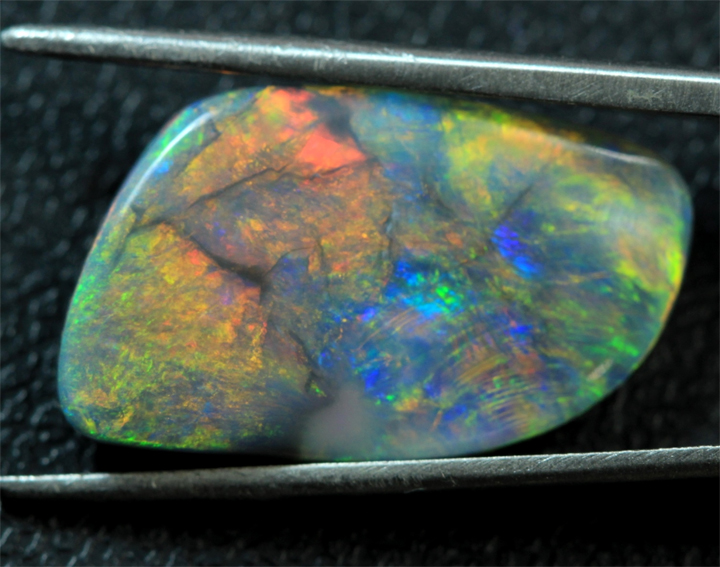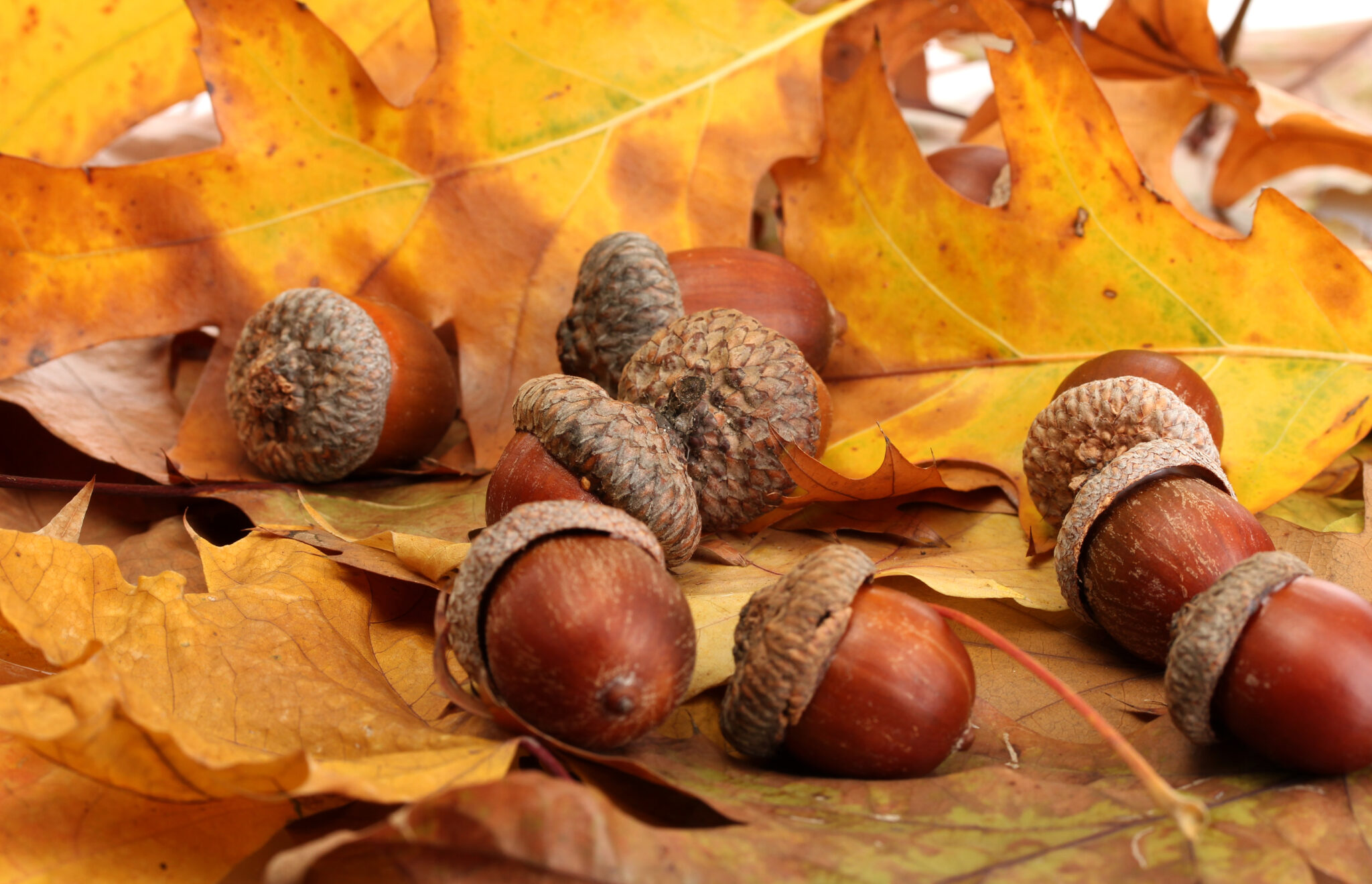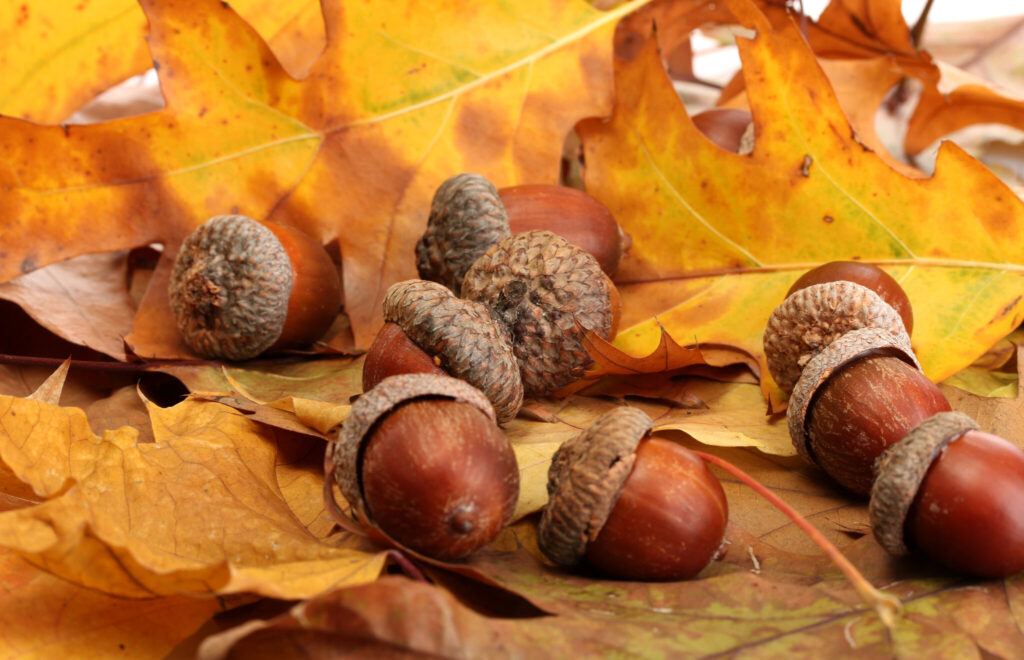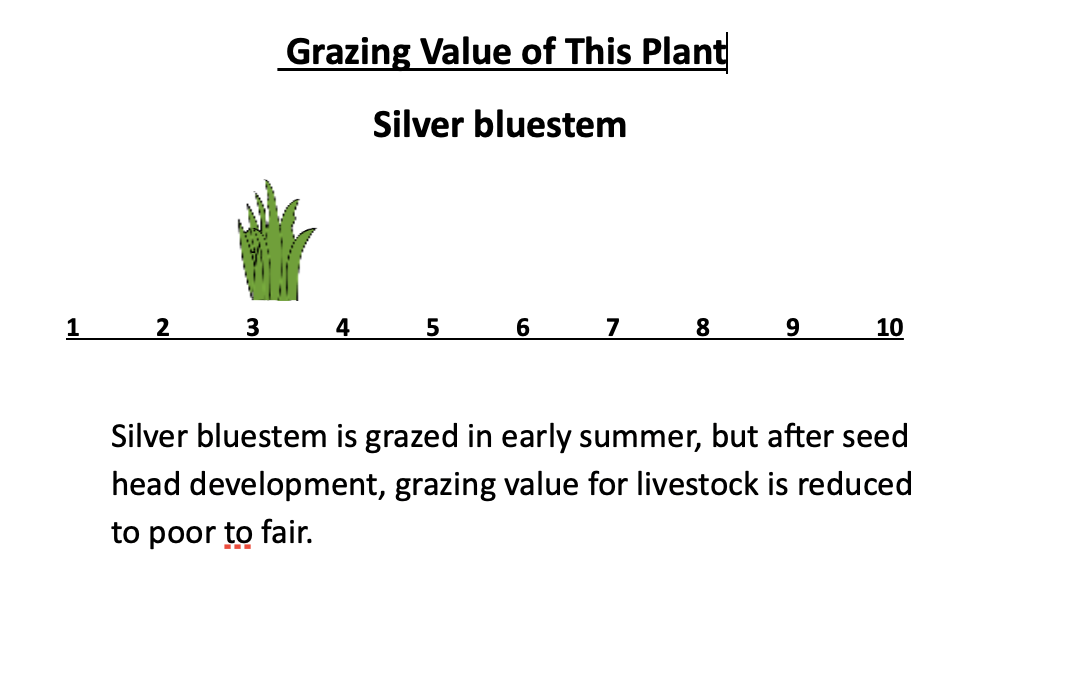Farm & Ranch
Ranching Down Under

By Samantha Hall
In the early 1870s a traveler who was passing over a ridge in North Western New South Wales came across the bodies of a farmer, a dog and 200 head of sheep.
The cause of death was thought to be lightning strike. The area where they were found came to be known as Lightening Ridge.
In 1873 the first black opal was found in Lightning Ridge. It was not until 1903 that the high value of these stones came to be recognized and people started mining for them.
Because of the name Black Opal, people assume that the stone will be black and are often quite surprised when they see a black opal in all its colorful beauty.
The stones are called black opals as their base color is black or grey; therefore, the more vibrant colors stand out as opposed to the more common white opal.
To read more pick up a copy of the October 2017 NTFR issue. To subscribe call 940-872-5922.
Farm & Ranch
Acorn Toxicity

By Barry Whitworth, DVM, MPH
With the prolonged drought, most pastures in Oklahoma end up in poor condition. With the lack of available forage, animals may go in search of alternative foods.
If oak trees are in the pastures, acorns may be a favorite meal for some livestock in the fall. This may result in oak poisoning.
Oak leaves, twigs, buds, and acorns may be toxic to some animals when consumed.
To read more, pick up a copy of the November edition of North Texas Farm & Ranch magazine, available digitally and in print. To subscribe by mail, call 940-872-5922.

Farm & Ranch
Silver Bluestems

By: Tony Dean
There are a handful of grasses on North Texas grazing lands ranchers need to know, not because they are highly desirable, but rather because they are not of much value. I call them “decom” plants, which is am acronym for “Don’t Ever Count On Me.” Silver bluestem is a “decom” grass.
Silver bluestem is a perennial which grows in all areas of Texas. It can survive in almost all soil types, and in full sun conditions or in semi shade. It grows up to three feet tall and is easily recognized with the presence of the white fuzzy seed head. Also, one of the identifying characteristics of Silver bluestem is a bend in the stems at each node, causing the plants to take on a rounded shape as they mature.
To read more, pick up a copy of the November edition of North Texas Farm & Ranch magazine, available digitally and in print. To subscribe by mail, call 940-872-5922.

Farm & Ranch
Meanwhile Back At The Ranch

By: Rayford Pullen
Fall is here which means winter is closing in on us and before we officially get into winter, we need to make sure our factories are either producing or will be producing in a few months.
We have been pregnancy testing our cows this fall and if they are not bred or nursing a calf, we are bidding them adios. With annual costs somewhere between $900.00 and $1,000.00 per cow, those cows not producing a live weaned calf are costing us quite a bit.
To read more, pick up a copy of the November edition of North Texas Farm & Ranch magazine, available digitally and in print. To subscribe by mail, call 940-872-5922.
-

 Country Lifestyles2 years ago
Country Lifestyles2 years agoScott & Stacey Schumacher: A Growth Mindset
-

 Country Lifestyles8 years ago
Country Lifestyles8 years agoStyle Your Profile – What your style cowboy hat says about you and new trends in 2017
-

 HOME8 years ago
HOME8 years agoGrazing North Texas – Wilman Lovegrass
-

 Equine1 year ago
Equine1 year agoThe Will to Win
-

 Country Lifestyles5 years ago
Country Lifestyles5 years agoAmber Crawford, Breakaway Roper
-

 Outdoor9 years ago
Outdoor9 years agoButtercup or Primrose?
-

 Country Lifestyles8 years ago
Country Lifestyles8 years agoJune 2016 Profile – The man behind the mic: Bob Tallman
-

 Country Lifestyles8 years ago
Country Lifestyles8 years agoDecember 2016 Profile, Rusty Riddle – The Riddle Way




